Guide to Adrenal Gland Disorders: Causes, Symptoms, Treatments, and Lifestyle Management
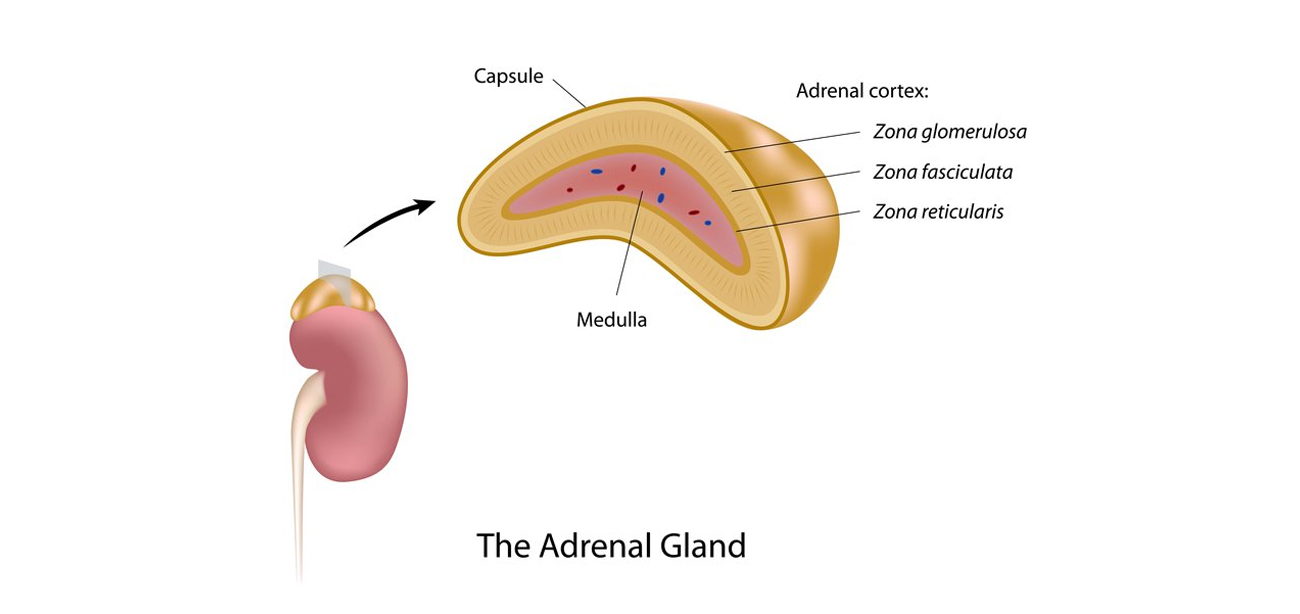
The adrenal glands, situated atop each kidney, play a pivotal role in maintaining our overall health. These small, triangular-shaped glands produce essential hormones that regulate various bodily functions. However, when these glands malfunction, it can lead to a range of diseases and disorders that can significantly impact one’s quality of life. In this article, we will delve into some common adrenal gland disorders, exploring their causes, symptoms, treatments, and lifestyle management strategies.
- Addison’s Disease (Adrenal Insufficiency)
Cause: Addison’s disease occurs when the adrenal glands don’t produce enough cortisol and sometimes aldosterone. This is usually due to an autoimmune reaction where the body’s immune system attacks the adrenal glands. Other causes include infections, cancer, or certain medications.
Symptoms: Symptoms include fatigue, weight loss, muscle weakness, low blood pressure, salt cravings, darkening of the skin, and mood changes.
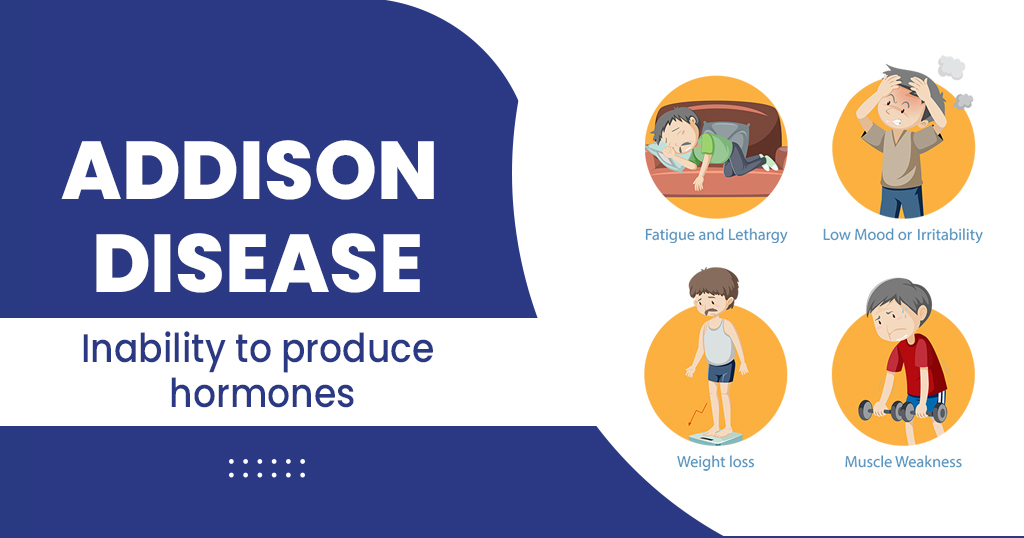
Treatment: Treatment involves hormone replacement therapy to replace the missing cortisol and aldosterone. Patients need to take these medications for life to manage the condition.
Lifestyle Management: Patients should manage stress levels, maintain a balanced diet with sufficient salt intake, and adhere to their medication regimen. Regular medical check-ups are crucial to monitor hormone levels.
- Cushing’s Syndrome
Cause: Cushing’s syndrome results from prolonged exposure to high levels of cortisol. This can occur due to the overproduction of cortisol by the adrenal glands, or from excessive use of corticosteroid medications.
Symptoms: Symptoms include weight gain (especially in the face, abdomen, and upper back), thinning skin, easy bruising, muscle weakness, high blood pressure, and mood changes.
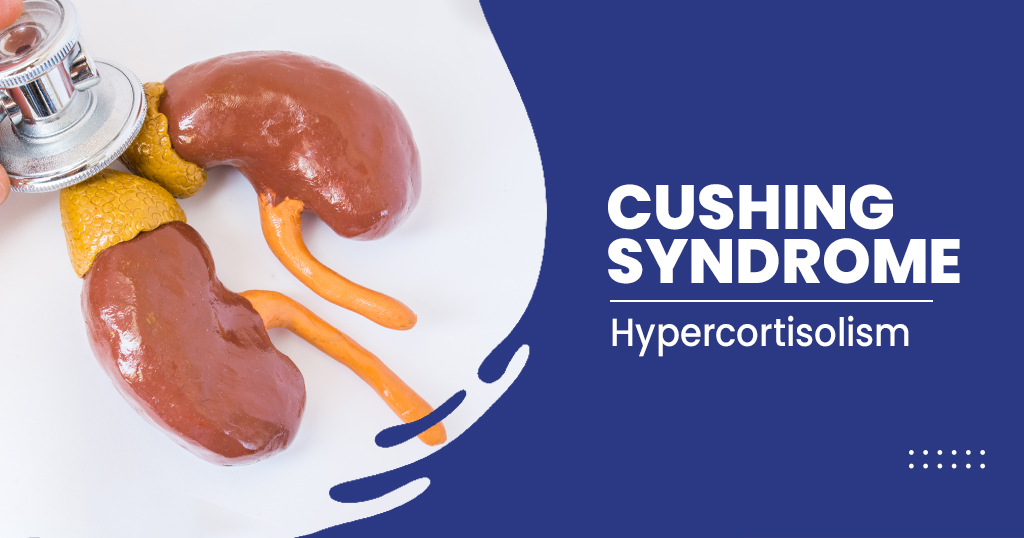
Treatment: Treatment varies based on the cause. If caused by medication, adjusting the dosage may help. If the adrenal glands are overproducing cortisol, surgery to remove the tumor or affected glands may be necessary.
Lifestyle Management: Patients should follow a balanced diet, exercise regularly, manage stress, and work closely with healthcare providers to adjust corticosteroid medications as needed.
- Conn’s Syndrome (Primary Hyperaldosteronism)
Cause: Conn’s syndrome is caused by the overproduction of aldosterone by the adrenal glands. This can be due to an adrenal tumor or other conditions that cause the adrenal glands to produce excessive aldosterone.
Symptoms: Symptoms include high blood pressure, muscle weakness, frequent urination, excessive thirst, and low potassium levels.

Treatment: Treatment may involve medication to control blood pressure and potassium levels. If caused by a tumor, surgical removal of the affected adrenal gland may be necessary.
Lifestyle Management: Patients should reduce sodium intake, maintain a heart-healthy diet, exercise regularly, and closely monitor blood pressure and potassium levels.
Conclusion
Adrenal gland disorders can significantly impact an individual’s health and well-being. It is essential to understand the causes, symptoms, treatments, and lifestyle management strategies associated with these disorders. Early diagnosis and proper medical guidance can help individuals effectively manage their condition and improve their quality of life. If you suspect you have an adrenal gland disorder or are experiencing related symptoms, it’s crucial to consult a healthcare professional for proper evaluation and treatment.







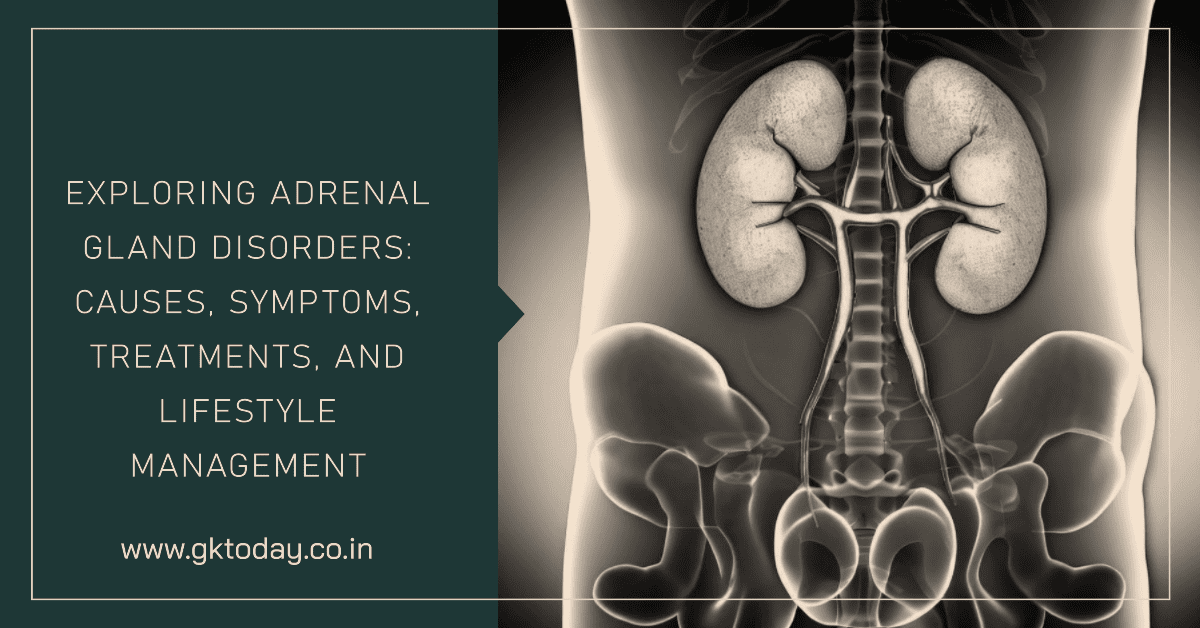


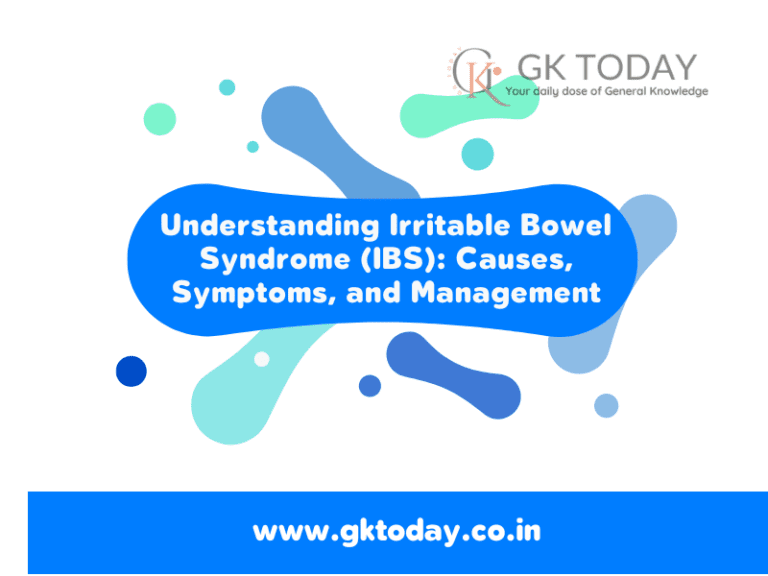









+ There are no comments
Add yours